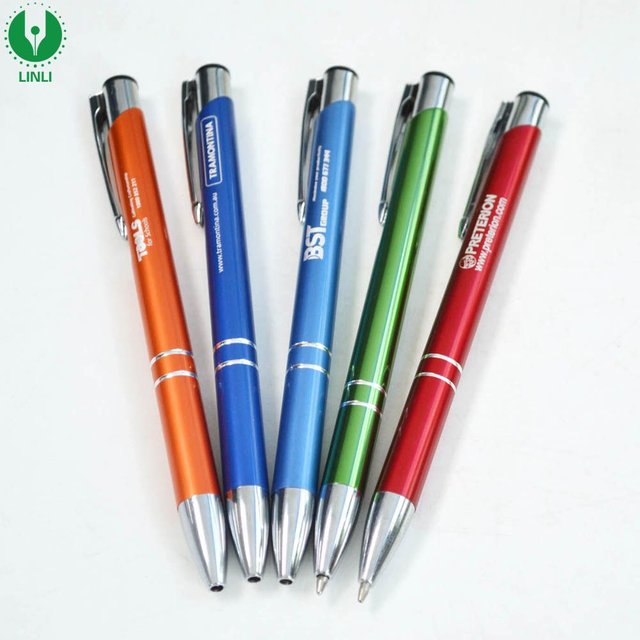In the last episode (https://steemit.com/capitalism/@frdem3dot0/why-the-rich-dont-get-richer) I have talked about voluntarism leading to fair compensation for all market participants.
Now I want to talk about two additional issues: What is fair compensation and what happens in markets without workers?

[http://broccolicity.com/the-3-biggest-industries-that-are-about-to-be-wiped-out-by-robots/]
It is notoriously hard to define what a fair compensation is. Lets assume I produce a car and do all the work myself. But after 99 hours of work there is a final production step that I cannot do. In addition there are only few people in the world that can do it, but it requires only 1 hour of time.
What is the fair compensation? Should I get 99% and the specialist I hire 1% of the profits?
The free market finds another solution. Supply and demand discover the compensation. The specialist can ask for a large chunk out of the total profit, even though he only does little of the work.
Even though it might seem unfair, this is required to set the correct reward signals. That specialist has learned a very important skill and provides a big benefit to society. If there would only be half as many specialists we, as a society, could only produce half as many cars, and that would impact everyone! In addition it also helps us fix this scarcity by providing large incentives to learn how to do this job.
In a free market everything boils down to the fundamentals. As all transactions are voluntary in nature, profit can only be made if both parties agree. This automatically guarantees that one can only make money, if one at the same time is beneficial for the society as a whole.
The second question is what happens when one employs the capital in a way that does not require any workers. This essentially means setting up a production line that produces goods from resources fully autonomous. In this case many people will argue that it only benefits the owner of this production line and taxes are required to fix the situation.
However, in this case there is no reason why a second investor would not copy that production line. Now we are again in a situation of competition that will drive the prices to the resource cost plus the risk. Automatisation leads to low prices and this means we can all get access these products. (just think about the costs to produce a simple ball pen by yourself without automatisation! It's almost impossible, but still we all have access to them and they are basically free.)

I as a consumer dont even care anymore if I own that production line or not. In both cases I mostly have to pay for the resources and not much else (either I take personal risk, or pay someone else to take that risk for me). So the big fear that the people that have a lot of capital would start to rule the world is unfounded (at least via capitalist interactions). The only way to get rich with automated production is innovating and being better at it than your competitors and in that case you benefit everyone and deserve a reward.